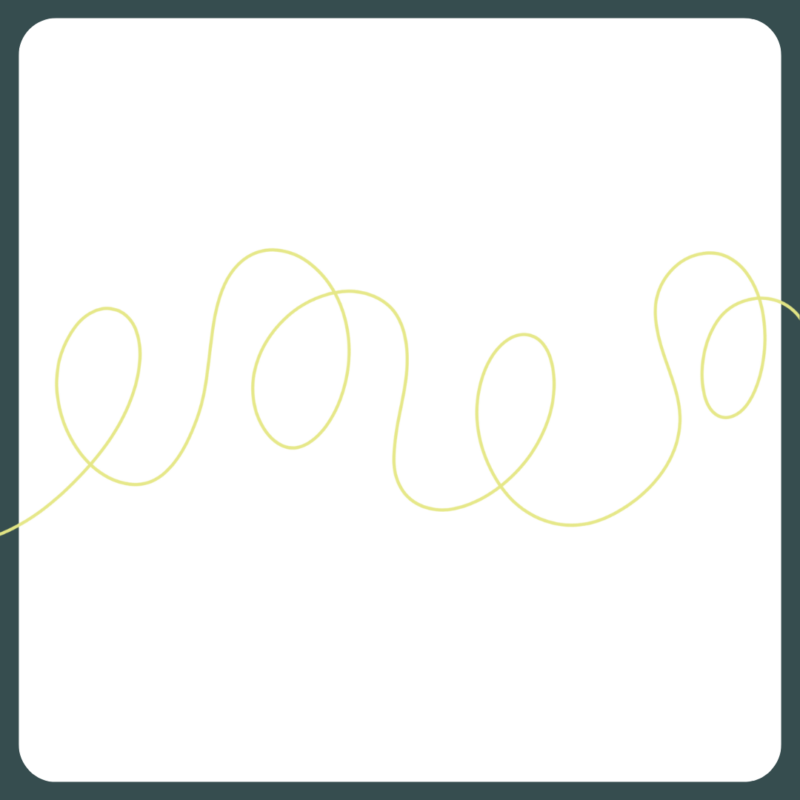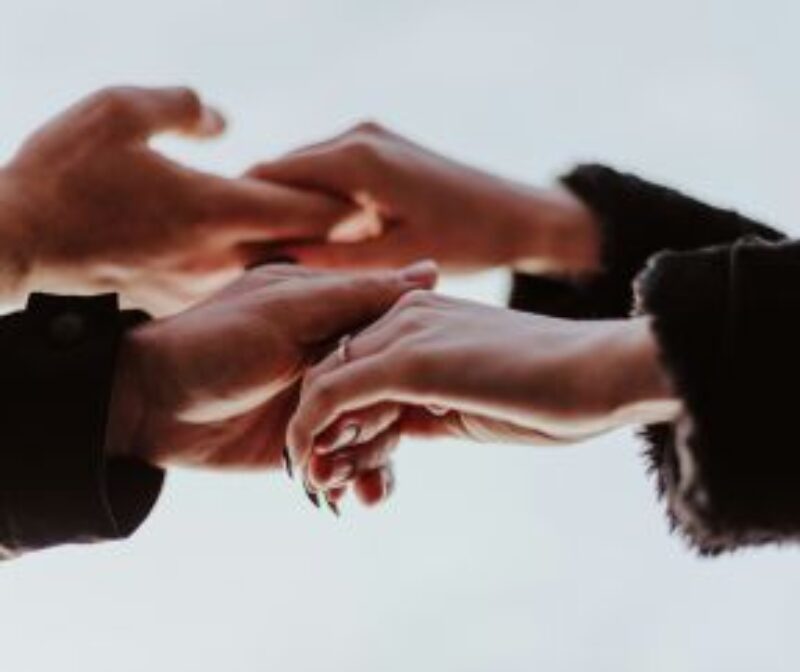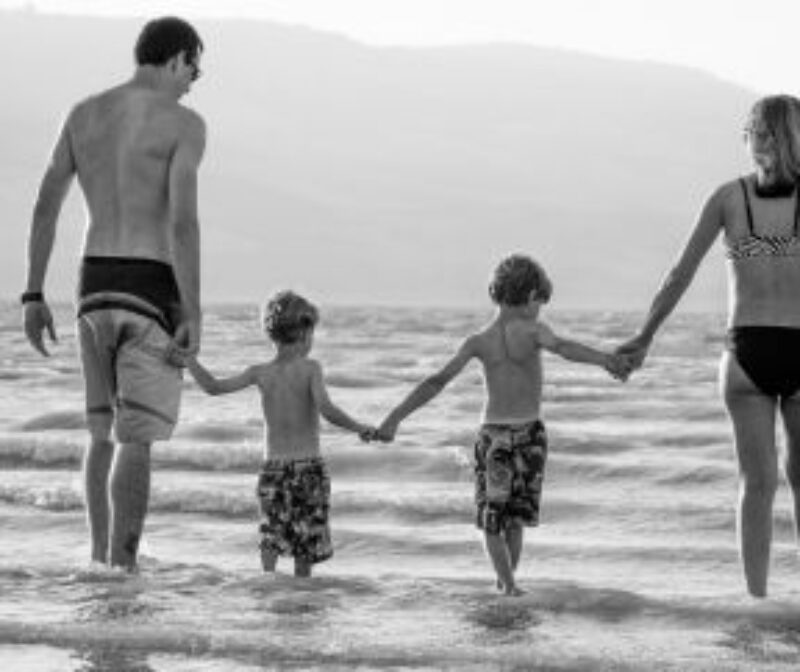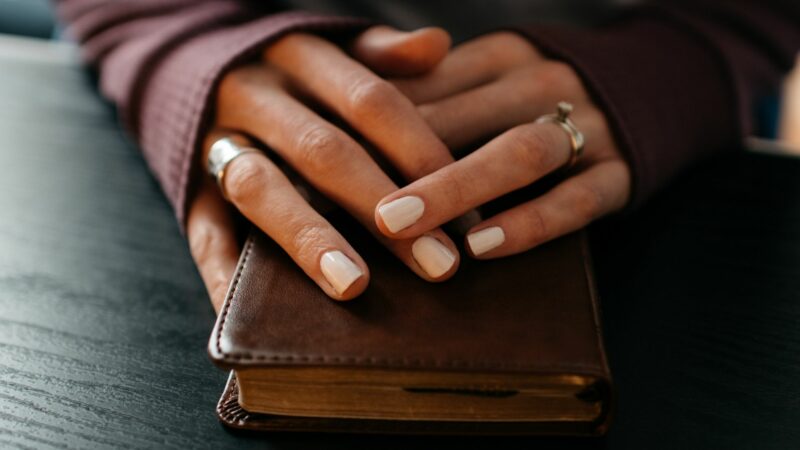My COVID-19 experience began with my abrupt return to Singapore, as a result of a call from the Singapore government to encourage all overseas students to return home. It was a hard decision to make: whether to stay or leave. It was difficult to leave my new-current home in Pasadena, which had been my ‘home-away-from-home’ for the last three years. Unbeknownst to my husband and me, we caught the last confirmed flight out of the U.S., which was operated by Singapore Airlines, as all their other flights were cancelled during that heightened period. We experienced an unprecedented adventure at an almost-empty LAX, wearing suffocating N95 masks through security screenings and practicing sanitation and social distancing on the plane.
When we landed at Changi International Airport in Singapore, we were greeted by a big group of uniformed immigration officers who awaited our arrival with temperature scanning devices and documentation procedures, including getting our contact information for quarantine order purposes. Shortly thereafter, we were put in a group with eight other passengers to board a private coach and were sent to a designated hotel for our fourteen-day quarantine. Yes, the hotel stay, which included food and laundry services, was free.
Disruption Brings Transitions
This entire disruption—deciding to leave and then vacating our home in Pasadena—occurred during my finals week for the winter 2020 quarter at the Fuller Graduate School of Psychology and Marriage and Family Therapy, all within ten days. It was a series of transitions: from packing and leaving the U.S. to temporarily staying at a hotel for fourteen days of quarantine, followed by moving to a more permanent ‘new home’ for the upcoming months. This was meant to be a transitional arrangement where we would wait for the right time to return and re-start our life in Pasadena, when schools and colleges reopened in the U.S. However, the transition period dragged out for one to two months, with multiple and unexpected stages of re-entry, which became more and more complicated with COVID-19.
During my decision-making period back in March 2020, I was truly challenged when Fuller Theological Seminary became a remote-learning institution overnight, and there was uncertainty of whether airports would be on lockdown and for how long. During that period, I had to take on more intentional measures of keeping calm and staying focused. I did this through intentional anchoring rituals.
My Anchoring Rituals
First, I forced myself to stop reading the news first thing in the morning upon waking up, and instead let Biblical scriptures fill my mind.
Secondly, my husband and I set our cell phone alarms for 10 AM, 5 PM, and 10 PM to remind ourselves of our new couple-prayer ritual. At these three designated hours, we would stop whatever we were doing to pray together and to refocus on what is certain amidst raging uncertainty—for us, this has been the Lord’s goodness and faithfulness.
Next, I played YouTube videos consisting of smashing waves. The rhythmic sound of ocean waves reminds me of God’s grace, which is so faithful and keeps coming to my life like the waves. Before COVID-19, the sound and sight of the ocean had been an anchoring ritual for me that helped me reach deep into my core self. In these times when we cannot visit beaches, YouTube videos have been a great resource for me. The rhythm of smashing waves have also helped me regulate my breathing into deep breathing cycles. Engaging our sensory selves with our sense of hearing, sight, and breathing can ease anxiety, minimize worries, and give hope.
Breakout Box
Here’s how you can also create intentional anchoring rituals for thriving and resilience:
- Make space for positivity by stopping the things that bring negativity in your life (e.g., reading the news).
- Re-focus your thoughts on truths. These thoughts will re-direct your emotions and behaviors.
- Stay grounded with your values, feelings, and body senses.
- Find practices that anchor your core being, such as deep breathing, watching nature, and listening to calming music. You might want to recall instances from past memories of what has helped you reached deep reflection.
- Stay connected with those closest to you.
- Stay directed by reflecting on who you have been and are still becoming. How has your purpose helped you during these difficult times?
Though the intense period is now over, for me this experience was a valuable and unforgettable one. It made me face the hard reality of who I was or would become when crises happen. It allowed me to observe myself when in crisis-mode, and to also practice what to do when critical incidents or stressful situations arise. This period also shows how adaptable our brains and body can be, attesting to the concept of the plasticity of the brain. Finally, it also validates what I had been advocating for before COVID-19 occurred: that is, the importance of people discovering what their anchors (whether it be relationships, things, etc.) or anchoring rituals are. These anchors serve as stabilizers for one’s growth and development. I hope we can all find joy in learning more about ourselves and then work towards strengthening our resilience in such times like these.
Continue Exploring

Practices
A Practice: Courageous & Curious Conversations toward Mutuality
When seeking mutuality in relationships, courageous and curious conversations are necessary. Here's a practice to guide you.

Practices
Power Dynamics in Relationships
Power dynamics affect how we engage with our loved ones. Learn how to get curious and courageous to develop mutuality in relationships.

Love
Because You Loved Me!
Thrive Fellow, Rebecca Baer, discusses the qualities of loving relationships and how to practice these.
